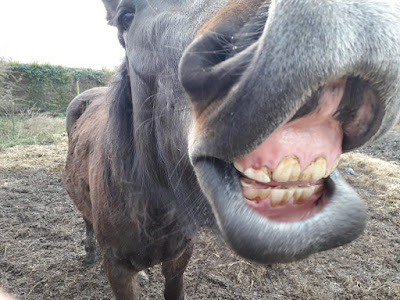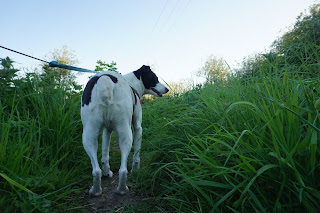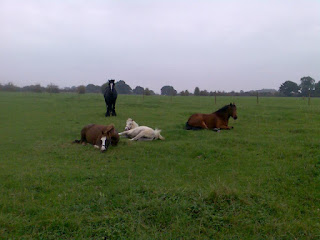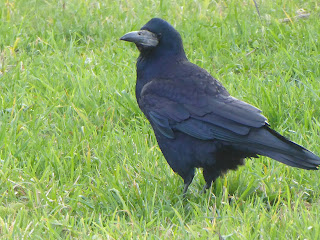Meeting your dog's needs: SLEEP
Sleep plays a vital role in your dogs physical and emotional well-being. The quality of sleep they get, as well as amount of sleep can also impact significantly on their learning. Dogs are crepuscular, meaning that they are most active at dusk and dawn and sleep most throughout the day and night. This is why so many dogs will have early morning or late evening 'zoomies' or as some folks call it, their dogs 'witching hour'. If you find that your dog is seemingly 'wild' at specific times of day that tie in with this natural sleep pattern, then you can utilise enrichment or time your training around this where possible; e.g. if they get bedtime zoomies, then add in some scent games for them to help them calm back down. More on this later! An average adult dog will sleep for around 12-14 hours in a 24 hour period. Puppies, large breeds or elderly dogs may sleep more. Working dogs, may sleep less. Not enough sleep or poor quality sleep can cause your dog to... ...







